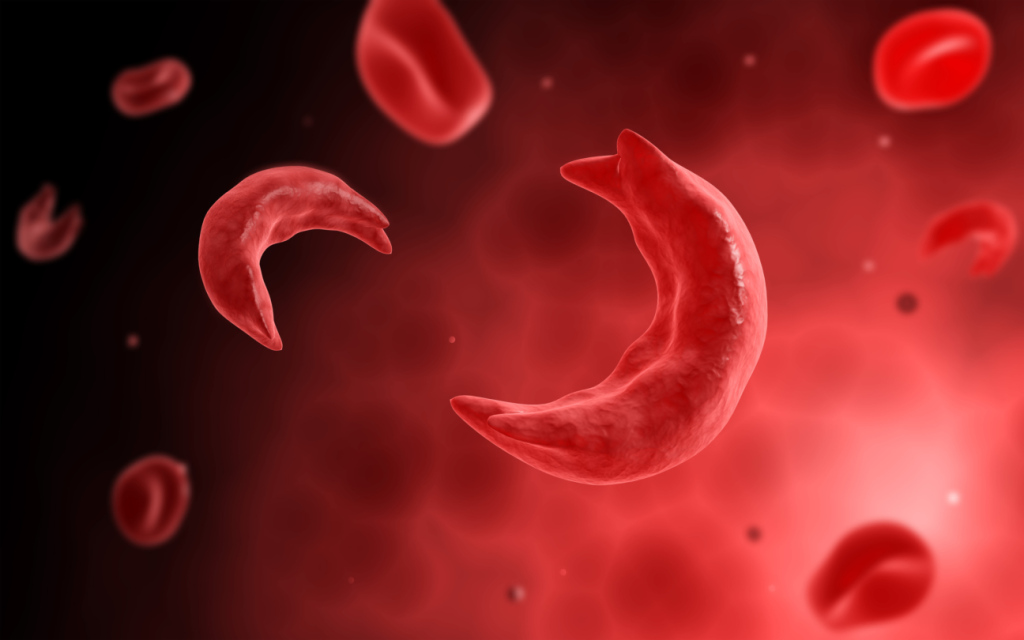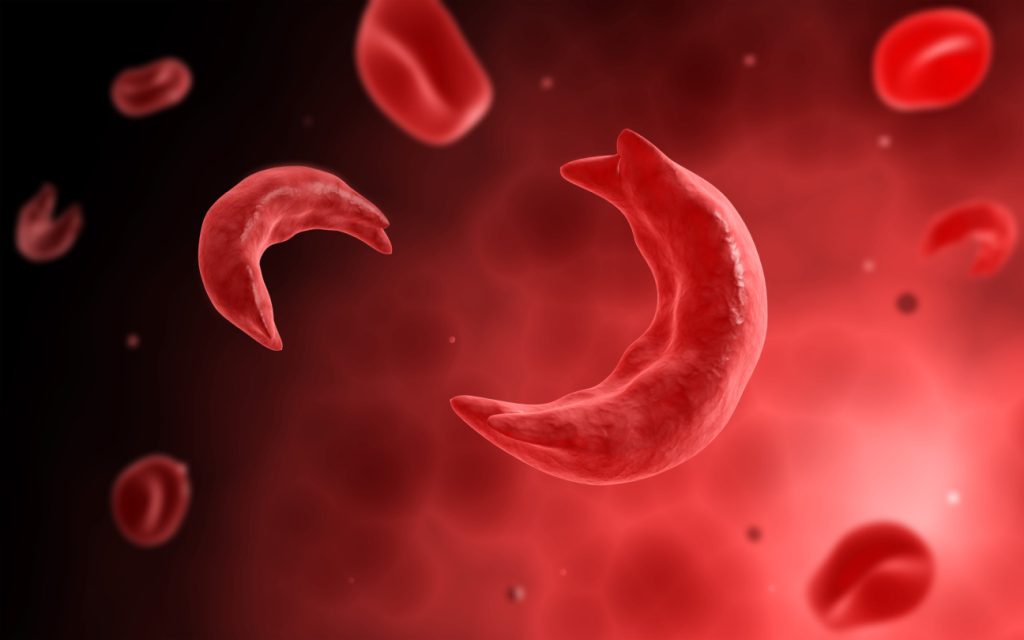
Since 2008, World Sickle Cell Awareness Day has been held annually, in order to help increase public knowledge and raise awareness of Sickle Cell Disease (SCD) and the struggles sufferers and their families go through.
The date was chosen to commemorate the day on which a resolution was officially adopted by the General Assembly of the United Nations, recognising SCD as a public health concern.
SCD affects millions of people around the world, including both adults and children. It is a potentially fatal disease and, according to the World Health Organization (WHO), is one of the main causes of premature death amongst children under the age of five in various African countries.
Some health groups dedicated to SCD treatment or support hold special educational celebrations. However, even if you cannot attend one, why not spend the day researching the illness, learning about the signs and symptoms and increasing your understanding of its global impact?
World Sickle Cell Day: The UN Resolution
United Nations A/63/L.63
________________________________________________________________________________
General Assembly Distr.:Limited
18 December 2008
Original: English
______________________________________________________________________________
Sixty-third session
Agenda item 155
Recognition of sickle-cell anaemia as a public health priority Angola, Austria, Belgium, Benin, Brazil, Cameroon, Cape Verde, Central African Republic, Comoros, Congo, Côte d’Ivoire, Democratic Republic of the Congo, Djibouti, France, Gabon, Ghana, Monaco, Senegal, Togo and Zambia: draft resolution
Recognition of sickle-cell anaemia as a public health problem
The General Assembly,
Recognizing the need to promote better physical and mental health, bearing in mind the Universal Declaration of Human Rights1 and other relevant human rights instruments,
Welcoming World Health Assembly resolution WHA59.20 of 27 May 2006 and resolution 33 C/22 of the General Conference of the United Nations Educational, Scientific and Cultural Organization of 19 October 2005, and taking note of decision AU/Dec.81 (V) adopted by the Assembly of the African Union at its fifth ordinary session, held in Sirte, Libyan Arab Jamahiriya on 5 July 2005,
Recognizing that sickle-cell anaemia is one of the world’s foremost genetic diseases, that it has severe physical, psychological and social consequences for those affected and their families, and that in its homozygote form it is one of the most lethal genetic diseases,
Aware of the need for greater international cooperation, including through partnerships, to facilitate access to education, management, surveillance and treatment for sickle-cell anaemia,
Recognizing that proper management of sickle-cell anaemia will contribute to an appreciable decrease in mortality from malaria and in the risk of HIV infection,
Recalling the Abuja Declaration to Roll Back Malaria in Africa of 25 April 2002 and the global Roll Back Malaria initiative,
Taking note of the reports of the first, second and third international congresses of the Sickle-Cell Disease International Organization, held in Paris on 25 and 26 January 2002, in Cotonou from 20 to 23 January 2004 and in Dakar from 22 to 24 November 2006, respectively, and the report of the first global consultations on sickle-cell anaemia, held in Brazzaville from 14 to 17 June 2005,
Recognizing that education, information and communication technologies should play a crucial role in preventing sickle-cell anaemia and that there is an urgent need to create effective research and training programmes in the countries most affected by this disease,
- Recognizes that sickle-cell anaemia is a public health problem;
- Underlines the need to raise public awareness about sickle-cell anaemia and to eliminate harmful prejudices associated with the disease;
- Urges Member States and the organizations of the United Nations system to raise awareness of sickle-cell anaemia on 19 June each year at the national and international levels;
- Encourages Member States, as well as United Nations agencies, funds and programmes, international institutions and development partners, to support health systems and primary health-care delivery, including efforts to improve the management of sickle-cell anaemia;
- Invites Member States, international organizations and civil society to support the efforts being made to combat sickle-cell anaemia, including as part of health-system strengthening efforts, in the various development programmes, and to encourage basic and applied research on the disease;
- Urges the Member States in which sickle-cell anaemia is a public health problem to establish national programmes and specialized centres for the treatment of sickle-cell anaemia and to facilitate access to treatment;
- Requests the Secretary-General to bring the present resolution to the attention of all Member States and organizations of the United Nations system.
__________________
1 Resolution 2/7 A (III).
2 See A/55/240/Add.1, annex.
The World Health Organization (WHO) and World Sickle Cell Day
June 19 World Sickle Cell Day
The World Health Organization (WHO) has started work to promote a world wide agenda to address hemoglobin dysfunctions.
WHO has made a commitment to:
- Recognize that sickle cell disease is a major health issue.
- Increase awareness of the world community regarding sickle cell disease.
- Eliminate harmful and wrong prejudices associated with sickle cell disease.
- Urges member countries where sickle cell disease is a public health problem to establish health programs at the national level and operate specialized centers for sickle cell disease and facilitate access to treatment.
- Promote satisfactory access to medical services to people affected with sickle cell disease.
- Provide technical support to all countries to prevent and manage sickle cell disease.
- Promote and help research to improve the lives of people affected with sickle cell disease.
The World Sickle Cell day is celebrated across the globe with special emphasis in African Nations and Asia. The celebrations include a press, media campaigns, music shows, cultural activities, and talk shows.
The main emphasis is hence on educating medical professionals, care givers, and associated personnel about prevention, research, and resources to minimize the complications due to sickle cell disease. Hence June 19th is devoted mainly to spread awareness, through talks, seminars, pamphlets, literature and consultations.

